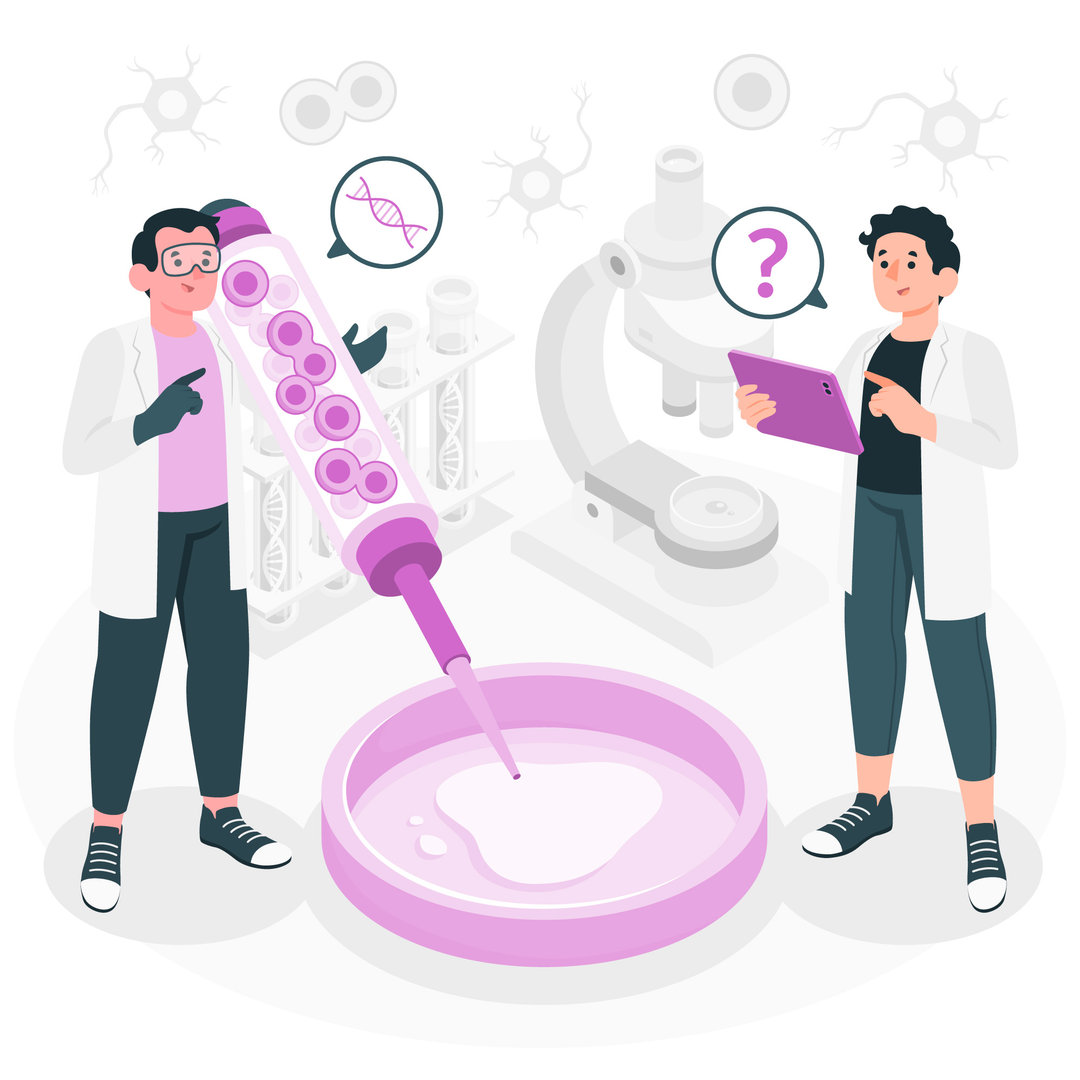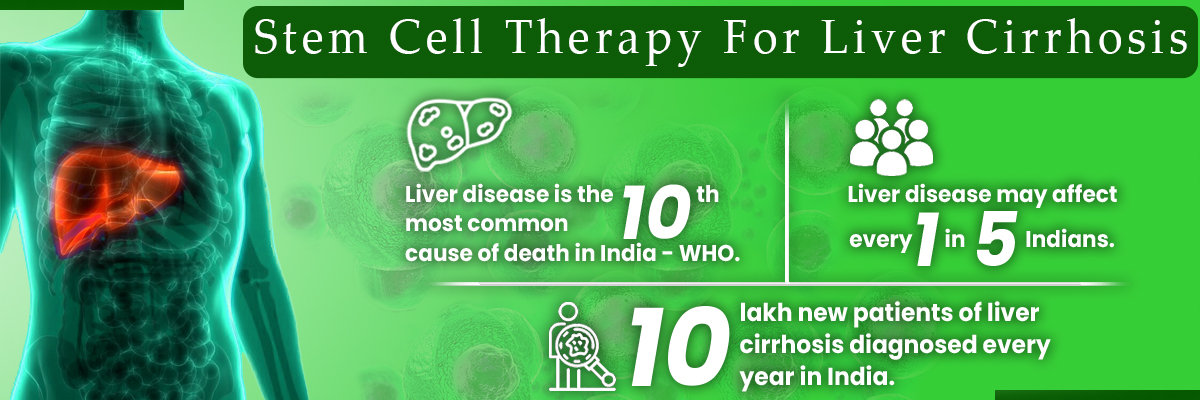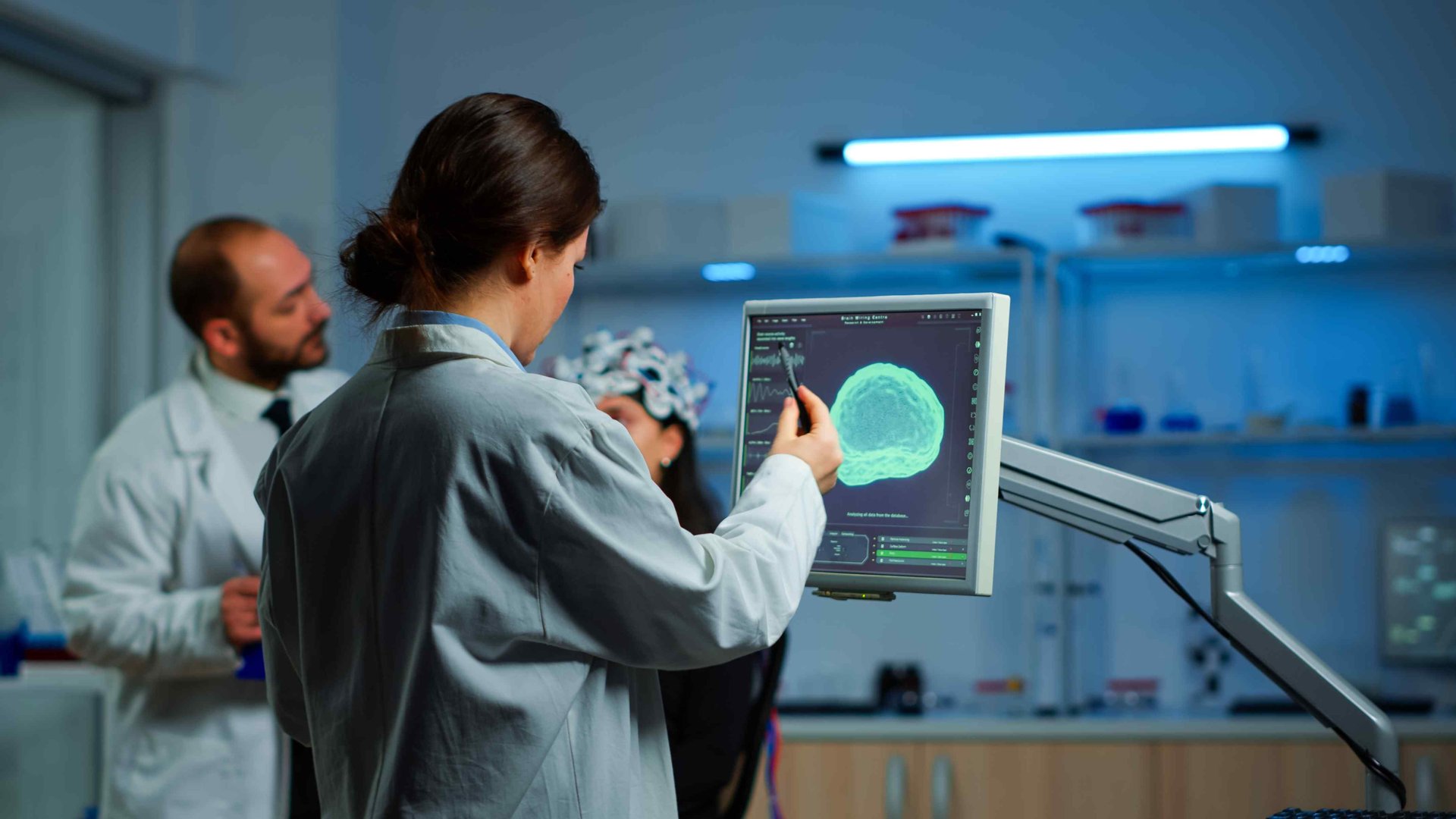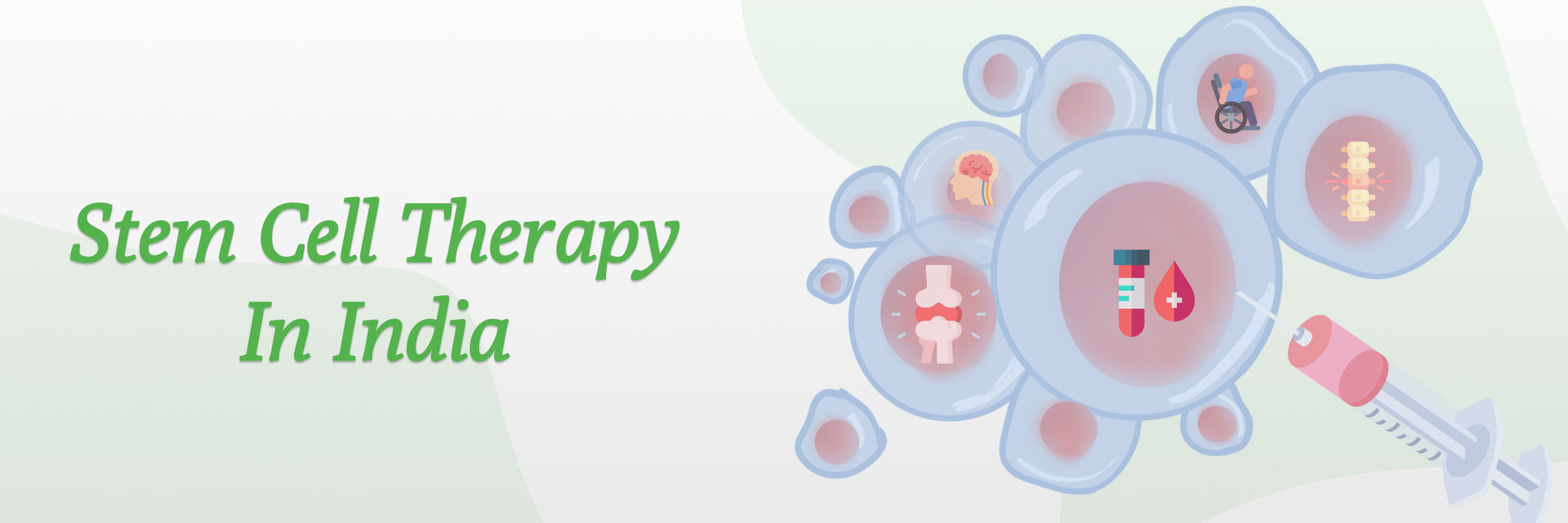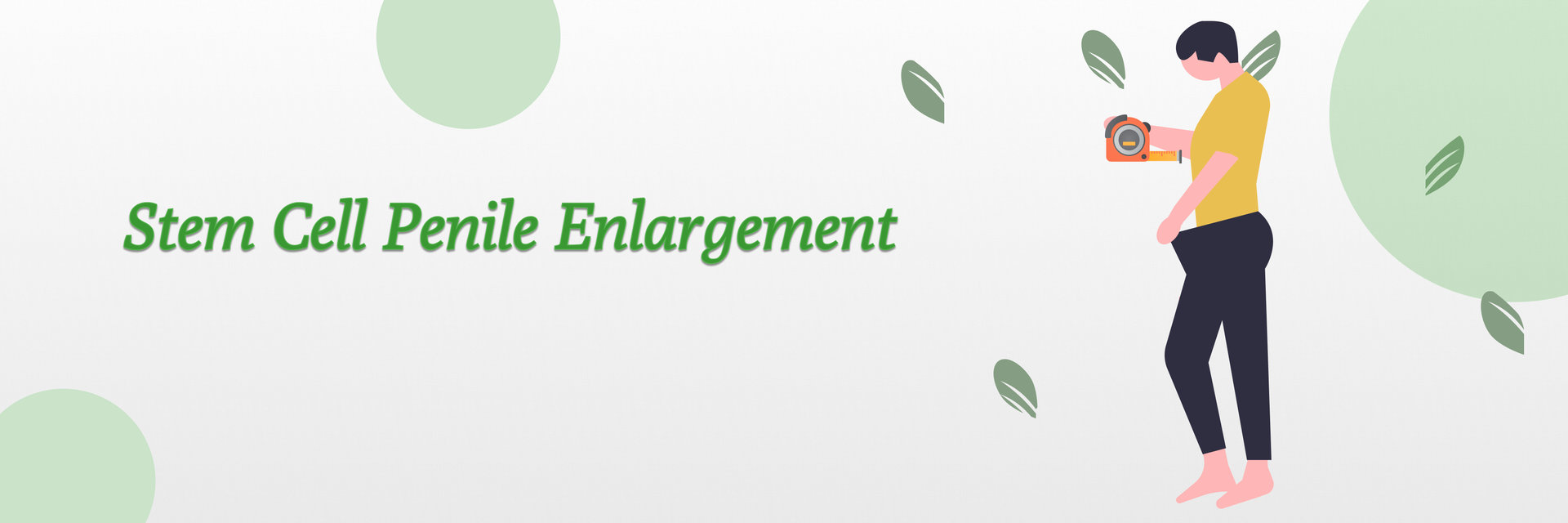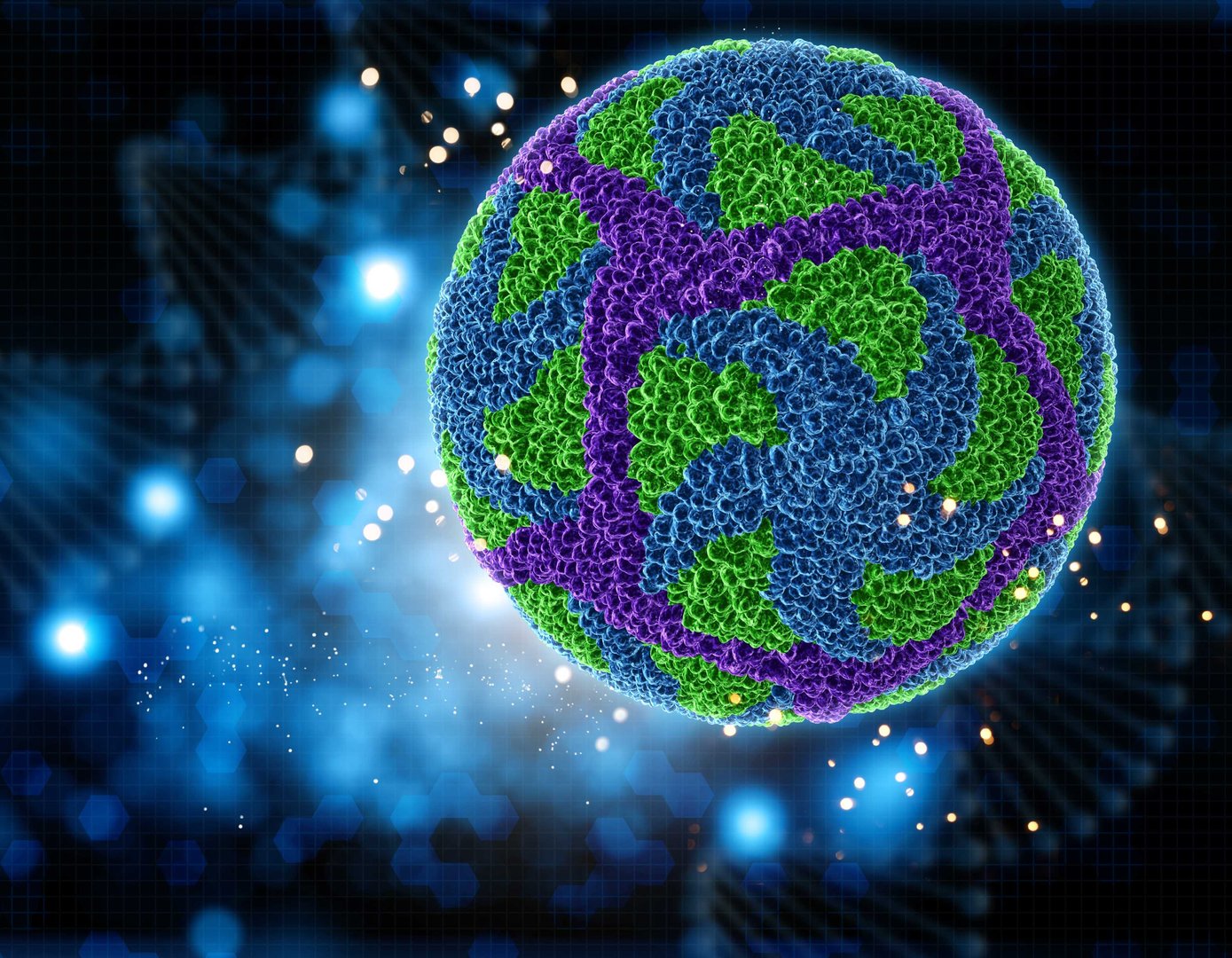Overview
Stem cell therapy is revolutionizing the treatment of various conditions, including male infertility. Among the most challenging forms of male infertility is azoospermia, a condition characterized by the complete absence of sperm in the ejaculate. Traditional treatments often fall short, especially in cases of non-obstructive azoospermia. This has led to growing interest in stem cell treatment for azoospermia in India, where advanced regenerative medicine facilities are making such therapies increasingly accessible.
Understanding Azoospermia
Azoospermia is classified into two primary types:
- Obstructive Azoospermia: Caused by a physical blockage in the reproductive tract, often due to infections, surgeries, or congenital defects.
- Non-Obstructive Azoospermia: A result of impaired or absent sperm production in the testes due to genetic conditions, hormonal imbalances, or testicular damage.
Symptoms are usually silent, and most men only discover the condition during infertility evaluations. Diagnosis involves semen analysis, hormonal profiling, scrotal ultrasound, and sometimes a testicular biopsy.
Take Charge of Your Fertility Journey - Book online doctor consultation with a fertility specialist today to evaluate your reproductive health and explore cutting-edge solutions.
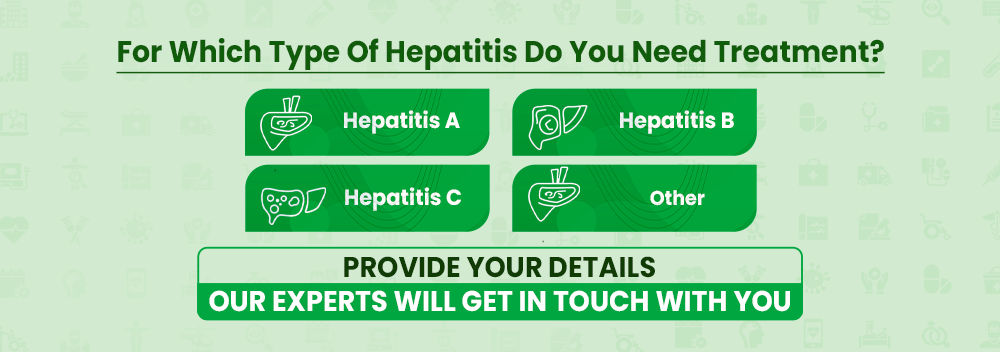
Does Stem Cell Therapy Work for Azoospermia?
Stem cell therapy shows promising results in treating non-obstructive azoospermia by potentially regenerating damaged or non-functioning sperm-producing cells. Although it is still considered experimental in many countries, stem cell therapy in India for male infertility is gaining traction, with several clinics reporting positive outcomes.
How Stem Cells Can Treat Azoospermia?
Stem cells are unique for their ability to develop into specialized cells. In azoospermia treatment, the focus is on differentiating stem cells into spermatogonial stem cells (SSCs) to regenerate sperm production.
Treatment Steps:
- Stem Cell Harvesting: MSCs (Mesenchymal Stem Cells) are extracted from the patient’s bone marrow or fat tissue.
- Cell Culturing: In a lab, these cells are cultured and sometimes induced to mimic SSCs.
- Testicular Injection: The prepared cells are injected into the testes, especially the seminiferous tubules, to reinitiate spermatogenesis.
- Hormonal Stimulation: Patients may receive hormonal support to enhance cell activity and improve the chances of sperm development.
Benefits and Risks of Stem Cell Treatment:
- Potential to Restore Natural Sperm Production: Stem cell therapy aims to trigger the body’s own reproductive mechanisms, offering the chance for natural conception.
- Minimally Invasive Procedure: The treatment typically involves local anesthesia with quick recovery, allowing patients to return to daily activities within a short time.
- Reduced Dependence on Donor Sperm or IVF: In some successful cases, men can conceive naturally or with less reliance on assisted reproductive technologies.
- Complementary Use with Other Treatments: Stem cell therapy can be used alongside hormonal therapies or IVF to increase overall success rates.
Risks:
- Uncertain Long-Term Outcomes: As stem cell therapy for azoospermia is still in clinical and experimental phases, long-term efficacy and safety are not fully established.
- Possible Immune Reactions or Infections: There's a potential risk of infection at the injection site or immune rejection of introduced cells.
- Ethical and Regulatory Considerations: Use of certain stem cell types, like embryonic stem cells, involves ethical debates and legal restrictions.
- High Cost and Variable Success Rates: The treatment can be expensive and outcomes may vary significantly between patients and clinics.
Eligibility for Stem Cell Treatment
Men who may be eligible for stem cell therapy for azoospermia in India include:
- Patients with Confirmed Non-Obstructive Azoospermia: Men who lack sperm production due to intrinsic testicular failure rather than physical blockage.
- Men Who Have Failed Traditional Hormonal or Surgical Interventions: Candidates who did not benefit from hormone therapy, varicocele surgery, or micro-TESE.
- Individuals with No Significant Testicular Atrophy: Adequate baseline testicular volume and function improve the chances of a positive response to stem cell therapy.
- Those Willing to Undergo Experimental Treatments Under Clinical Trial Settings: Since stem cell therapy is still in the research phase, patients must be open to participating in clinical studies and follow rigorous follow-up protocols.
Considering Stem Cell Therapy for Azoospermia? Schedule a consultation with a certified fertility specialist today.

Stem Cell Therapy for Azoospermia in India
India is emerging as a global destination for stem cell therapies due to its advanced medical infrastructure, skilled clinicians, and relatively affordable costs. Top centers include:
1. StemRx Bioscience Solutions (Dr. Mahajan’s Hospital), Navi Mumbai
A leader in regenerative medicine, StemRx specializes in customized stem cell therapies for infertility, neurodegeneration, and chronic conditions with a strong focus on clinical innovation.
Notable Achievements:
- Developed India’s first patient-specific stem cell protocol for non-obstructive azoospermia.
- Successfully treated over 500 patients with regenerative therapies across various conditions.
- Operates a NABL-certified lab for stem cell processing and storage.
- Active in clinical trials and publications on stem cell efficacy in reproductive health.
2. NeuroGen Brain and Spine Institute, Mumbai
NeuroGen is internationally recognized for combining neurology and regenerative medicine, offering stem cell therapy for both neurological and reproductive disorders.
Notable Achievements:
- First in India to integrate neurorehabilitation with stem cell therapy.
- Treated over 8,000 patients from 40+ countries.
- Published 100+ peer-reviewed articles on regenerative neurology and fertility.
- Regularly hosts global conferences on stem cell advances in India.
3. Medanta – The Medicity, Gurgaon
A world-class multi-specialty hospital offering advanced stem cell therapies through its Institute of Regenerative and Molecular Medicine.
Notable Achievements:
- Offers stem cell-based fertility and neurology programs using autologous cells.
- First Indian hospital to use stem cell therapy in cardiac and orthopedic care alongside infertility.
- Houses a cutting-edge stem cell processing and banking unit.
- Conducts government-approved clinical trials for regenerative treatments.
4. Kokilaben Dhirubhai Ambani Hospital, Mumbai
A cutting-edge, multi-disciplinary hospital using stem cell therapy for neurological, orthopedic, and fertility-related conditions, with a strong emphasis on innovation and research.
Notable Achievements:
- First private hospital in Mumbai with a dedicated regenerative medicine department.
- Recognized for integrating stem cells in neurorehabilitation protocols.
- Known for its state-of-the-art labs and robotic surgical systems.
- Collaborates on national and international research in stem cell advancements.
5. AIIMS, New Delhi
India’s premier medical institute and research hub, AIIMS offers stem cell therapy through specialized government-approved programs in fertility, neurology, and hematology.
Notable Achievements:
- Among the first in India to research stem cells for infertility and organ regeneration.
- Operates a government-backed stem cell research unit under ICMR.
- Involved in pioneering stem cell trials for azoospermia and genetic disorders.
- Leading authority on ethical and regulatory frameworks for regenerative medicine.
6. Apollo Hospitals, Chennai
A leading multi-specialty hospital integrating regenerative medicine with reproductive care, Apollo offers comprehensive stem cell-based treatments for infertility and chronic conditions.
Notable Achievements:
- First private hospital in India to offer clinical stem cell therapy for male infertility.
- Runs accredited programs in reproductive medicine and stem cell research.
- Offers one of the largest IVF + stem cell therapy integrations in India.
- Recognized for excellence in patient outcomes and global medical tourism.
These institutions follow strict ethical guidelines and are involved in ongoing clinical research.
Types of Stem Cells Used in Azoospermia Treatment
- Mesenchymal Stem Cells (MSCs) – Derived from bone marrow or fat; widely used due to easy accessibility and regenerative potential.
- Induced Pluripotent Stem Cells (iPSCs) – Lab-generated from adult cells and reprogrammed to mimic embryonic stem cells; highly flexible but still under research.
- Embryonic Stem Cells (ESCs) – High differentiation potential but restricted due to ethical and legal considerations in India.
The Procedure of Stem Cell Treatment for Azoospermia
- Extraction – MSCs are harvested from bone marrow or fat tissue using minimally invasive procedures.
- Culturing & Processing – Harvested cells are cultured in sterile laboratory conditions. In some cases, they are biochemically modified to enhance their differentiation into germ cell-like lineages.
- Implantation – Processed stem cells are precisely injected into the seminiferous tubules of the testes, aiming to trigger spermatogenesis.
- Monitoring – Patients undergo regular follow-ups involving semen analysis, hormone profiling, and sometimes ultrasound to assess the success and monitor for complications.
Post-Treatment: Recovery and Follow-Up
- Recovery Time: The procedure is usually outpatient-based, and most patients can resume normal activities within 1–2 days post-treatment, although strenuous activities should be avoided briefly.
- Follow-Up Care: Follow-up schedules often span several months and include periodic evaluations through semen analysis, hormonal panels, and ultrasounds to track treatment response.
- Lifestyle Recommendations: Patients are advised to maintain a healthy lifestyle—avoiding alcohol, smoking, and high-stress environments—to support hormonal balance and optimize spermatogenesis.
Ready to Take the Next Step in Your Fertility Journey? Visit ClinicSpots to get expert guidance, compare treatment options, and start your journey toward parenthood today.
Success Rates of Stem Cell Treatment for Azoospermia
Stem cell therapy for azoospermia remains an evolving field, but clinical studies from leading Indian centers indicate encouraging outcomes. Reported success rates typically range from 40% to 60%, depending on patient selection criteria, type of stem cells used, and the protocol followed.
These success rates are primarily measured by:
- Improvement in sperm count observed through follow-up semen analyses.
- Initiation of spermatogenesis, confirmed via testicular biopsy or hormonal markers.
- Achievement of viable sperm sufficient for use in assisted reproductive techniques such as IVF or ICSI.
It’s important to note that these results are often documented in controlled clinical settings, where patients undergo rigorous screening and follow strict follow-up protocols. The success may be higher in younger patients, those with better baseline testicular health, and individuals who follow medical and lifestyle recommendations closely.
Cost of Stem Cell Treatment for Azoospermia
The cost of stem cell therapy for azoospermia in India ranges from ₹2,00,000 to ₹5,00,000, making it an affordable option compared to Western countries, where costs can exceed $10,000–$30,000 USD. Several factors influence the cost:
- Type of Stem Cells Used: MSCs are generally more affordable than iPSCs or ESCs.
- Number of Treatment Cycles: Some men may require multiple cycles, which can increase the overall cost.
- Additional Fertility Treatments: IVF or ICSI may be needed, adding ₹1,00,000 to ₹2,50,000.
India offers a cost-effective alternative with comparable success rates and quality care, providing high-quality treatments at a fraction of the cost in Western countries.
Can Stem Cells Replace Sperm?
While stem cells show promise, they currently support sperm regeneration rather than fully replacing sperm. Here's what current science and therapy efforts reveal:
- Stem Cell Potential: Stem cells can generate sperm-like cells in the lab.
- Current Treatment Focus: Stem cell therapy aims to stimulate natural sperm production rather than fully replace sperm.
- Goal: Enable men with azoospermia to conceive naturally or through assisted reproductive technologies.
- Research Status: Full sperm replacement by stem cells is still under research and not yet fully possible.
Conclusion
Stem cell therapy offers a promising alternative for men struggling with azoospermia, especially when conventional treatments fail. With India becoming a leader in regenerative medicine, male infertility treatment with stem cells is more accessible and hopeful than ever. If you’re considering this treatment, consult a reputed clinic for an in-depth evaluation and personalized plan.
References:
